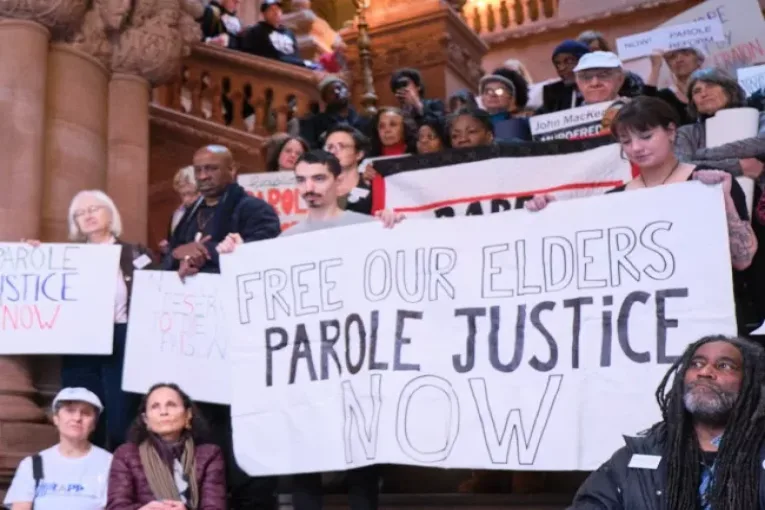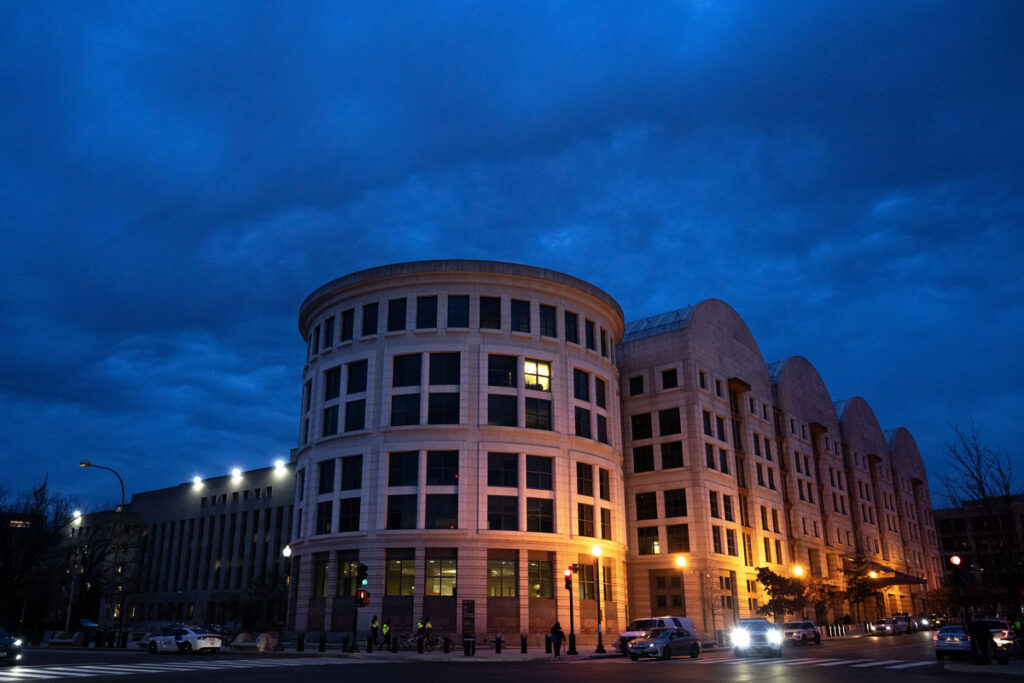A newly released report titled Parole in Perspective is sparking critical conversations across the criminal justice reform movement. Drawing on data from 35 states, this report offers a rare and comprehensive look into the inner workings of parole boards—who sits on them, how decisions are made, and why the system is increasingly failing to offer incarcerated people a fair path to reentry.
In collaboration with the Prison Policy Initiative, this important research highlights systemic shortcomings in how discretionary parole is administered across the country. Despite differences from state to state, the findings reveal one troubling commonality: most parole boards are releasing fewer people than ever before, even as prisons remain overcrowded and calls for criminal justice reform grow louder.
This new report is a sobering reminder that mass incarceration doesn’t end at sentencing—and that the systems meant to offer second chances are often riddled with opacity, bias, and outdated policies that prolong suffering and deny redemption.
You can explore more on this issue and broader prison-related injustices by visiting our Private Prisons section, where we analyze how profit-driven incarceration and structural flaws perpetuate a cycle of punishment over rehabilitation.
The Quiet Power of Parole Boards
Parole boards wield enormous power over the futures of incarcerated individuals. In states that use discretionary parole, these boards decide who gets released before the end of their sentence—and under what conditions.
But according to Parole in Perspective, that power is often exercised in a way that lacks consistency, transparency, and fairness. The report found that:
- Board members are often political appointees, many with little to no background in criminal justice, psychology, or rehabilitation.
- Decision-making processes vary wildly, and many boards provide little explanation for denials.
- Racial disparities persist, with Black and brown individuals often facing harsher parole outcomes.
- Public safety rhetoric is frequently used to justify denials, even when incarcerated people meet all eligibility requirements and pose no measurable risk.
In short, what should be a carefully considered process grounded in evidence and justice is often reduced to guesswork and politics, leading to unnecessary prolonged incarceration for thousands.
Fewer Releases, More Incarceration
One of the most alarming takeaways from the report is that parole release rates are steadily declining, even in states where parole-eligible populations remain high. This trend contradicts public support for criminal justice reform and efforts to reduce prison populations, especially after the COVID-19 pandemic highlighted the dangers of overcrowding.
This decline also reflects a broader systemic failure—the parole system is not functioning as a meaningful release valve, but rather as an extension of punishment. Many incarcerated individuals serve well beyond their minimum terms, often for reasons unrelated to public safety, such as lacking access to rehabilitative programs, housing, or having received minor disciplinary infractions.
A Call to Reimagine Parole
To address these pressing issues, the Prison Policy Initiative, MacArthur Justice Center, and LatinoJustice are hosting a webinar titled “Reimagining Parole: Centering Fairness, Dignity, and Second Chances.” This virtual event will take place on October 8th at 3 p.m. Eastern, and it promises to be a vital conversation among advocates, legal experts, and those directly impacted by parole decisions.
The goal is to chart a new path forward—one that centers human dignity, recognizes the power of rehabilitation, and restores the original purpose of parole: to offer a meaningful opportunity for reintegration, not an indefinite extension of punishment.
Toward a More Humane Future
Fixing the broken parole system requires bold legislative reforms, transparent practices, and a commitment to second chances. This includes:
- Replacing politically-appointed parole boards with independent, multidisciplinary panels.
- Mandating clear criteria for release and eliminating arbitrary denials.
- Ensuring access to rehabilitation, education, and reentry support.
- Tracking and addressing racial disparities in parole decisions.
- Holding parole boards accountable to the public and the incarcerated community.
If parole boards continue to operate in secrecy and uphold outdated models of justice, then meaningful reform cannot be achieved. We need a system that recognizes the potential for growth and change in every person—and that views incarceration not as a final sentence, but as part of a journey back to community and contribution.
To learn more about how parole fits into the larger picture of for-profit incarceration and systemic inequality, visit our Private Prisons and Justice Reform hub.
The data is clear. The will for change is growing. Now it’s time for policymakers, communities, and institutions to align their actions with the belief that justice includes mercy, fairness, and a chance to begin again.



